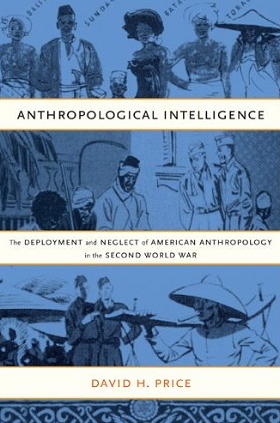Three weeks ago, anthropologist Siru Aura defended her doctoral dissertation Women and Marital Breakdown in South India: Reconstructing Homes, Bonds and Persons at the University of Helsinki. She has studied divorced, separated and deserted women from different socio-religious backgrounds in the city of Bangalore in South India.
In her conclusion she makes several interesting points. We all know that we should avoid essentializing. Particularly since the 1990’s, Siru Aura writes, there has been a tendency to emphasise the differences among the various groups of Indian women, based their cultural, social, religious or regional backgrounds. One should avoid presenting a “monolithic” picture of “an Indian woman” – a representation that does not exist in real life.
But this focus on diversity can make us blind to seeing what these divorced and separated women have in common. In her thesis, she challenges the popular notion that religion is a main determinator of a person’s social position in India. It’s rather being a wife and being in an unequal power relationship with the husband.
The Indian proverb “there are only two castes: men and women” highlights that the inequality between men and women is so enormous that it overpowers differences between the women, Siru Aura writes:
The significance of wifehood in the South Indian environment leads to my suggestion that there is such a thing as a South Indian marital breakdown. Although the women of different religious communities (Hindu, Muslim, Christian, Parsi) each have their own religious personal laws concerning marriage and divorce, they share similarities in their ways of constructing wifehood. Therefore the practical reasons and consequences of marital problems are often similar in different religious groups.
(…)
The women, from the richest to the most impoverished; from the most highly-educated and sophisticated to the most illiterate women; from their various religious backgrounds: all tolerated severe harassment throughout their marriages and their threshold of leaving the marriage was very high.
But as her study shows, more and more women question male domination. They use the cultural and social structures of their society creatively in order to improve their situation - for example by adopting the prestigious family roles of sons or fathers and by the means of legal procedures and public demonstrations and by the other activities of women’s organisations.
The anthropologist thinks that the womens’ activities “could gradually lead to a greater acceptance of divorce as an unfortunate but not unavoidable state of affairs and the abolishment of the stigma attached to divorced or separated women":
I suggest that the transformation of social and kin relations will continue because marital breakdown may become a more common occurrence in Bangalore and even broaden further in South India and consequently the number of love marriages as well as the number of single women will also increase. Despite the importance of wifehood in South India, the conditions of wifehood are changing.
Marital breakdown is an anomaly in South India. In Siru Aura’s view, the focus on the margins of the kinship relations revitalises kinship studies:
It emphasises the importance of looking between the structures and highlights the worth of looking beyond the kinship rules and into the “exceptions” to the rules, which are, as I suggest, as frequent as the rules themselves.
As I have shown, although the exceptions are hard to pin down, they are of great consequence: ignoring them may in fact distort kinship theory. Moreover, this study demonstrates that examining something truly significant in Indian society such as personhood, gender or law, or the interplay between an agent and the structure, leads us to study kinship. This keeps the study of kinship at the heart of anthropology in India and makes the renewal of it an anthropological mission.
>> download the thesis
SEE ALSO:
Chronicles Women’s Social Movements in India
Unmarried Women in Arab Countries: Status No Longer Dependent upon the Husband
China: Where women rule the world and don’t marry
On African Island: Only women are allowed to propose marriage




Recent comments